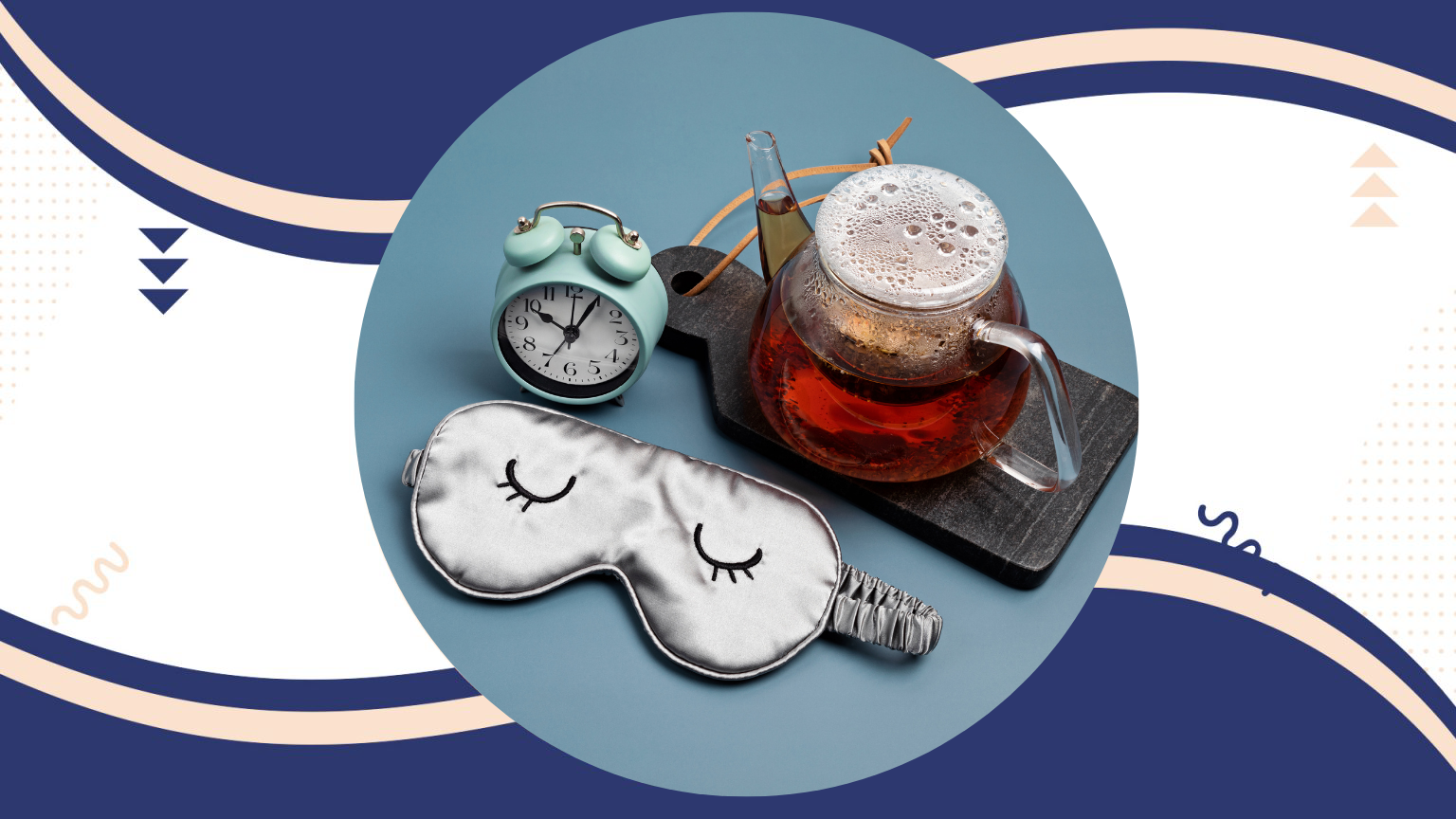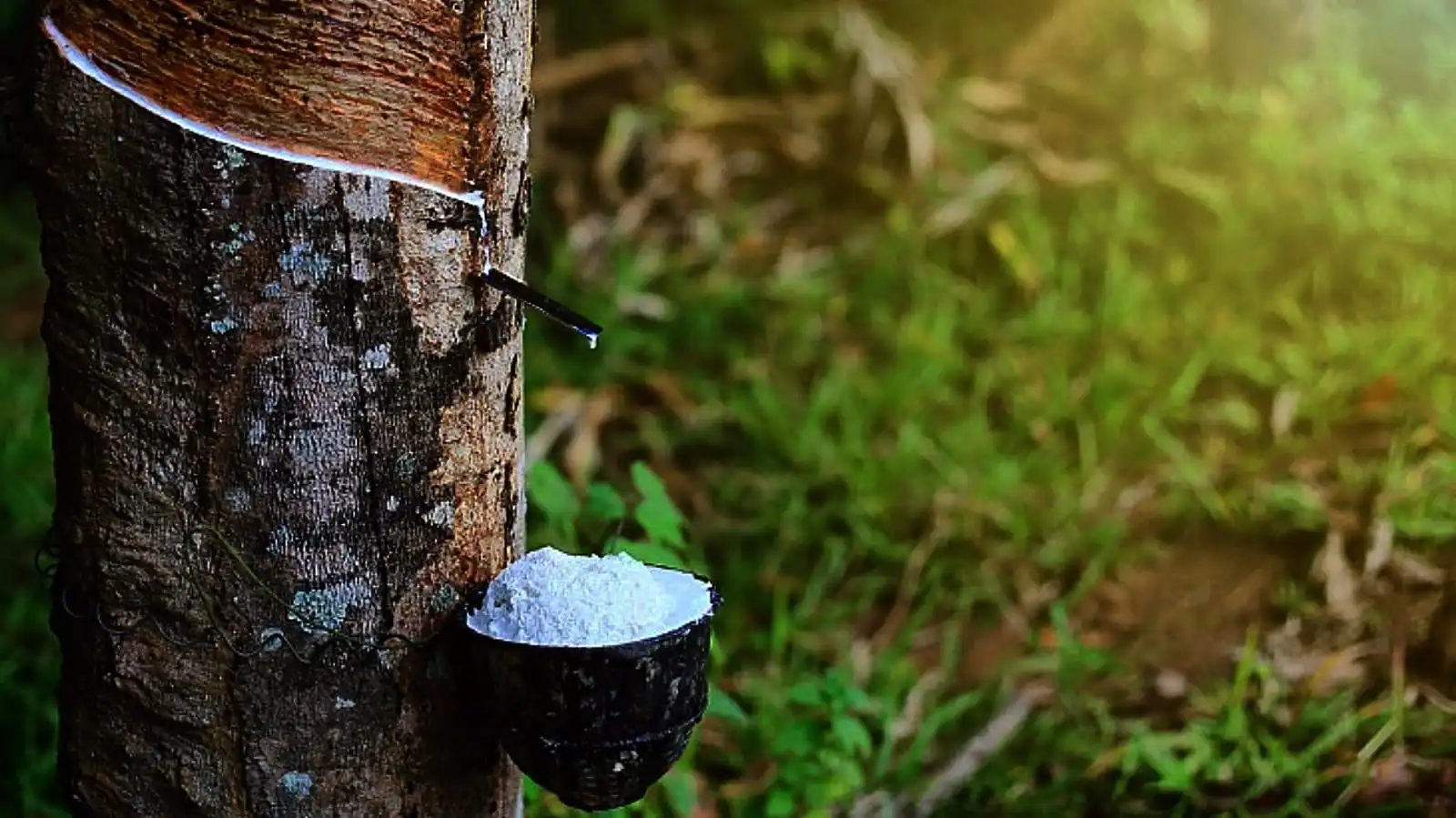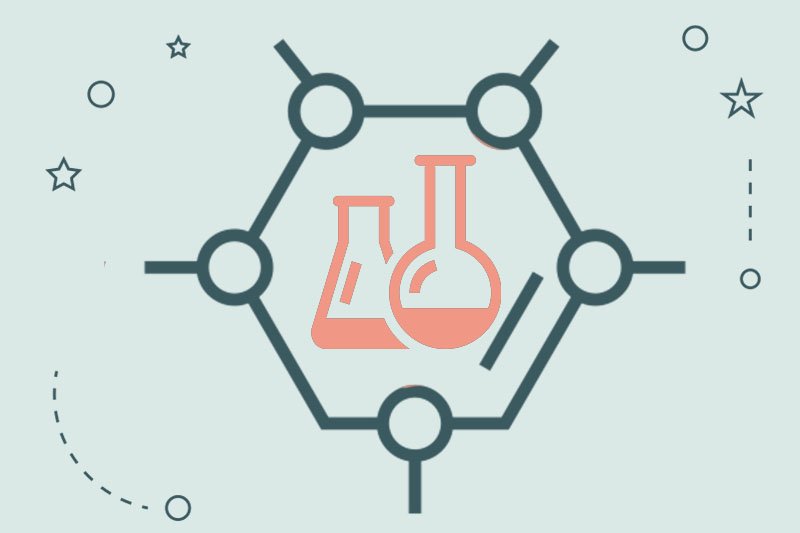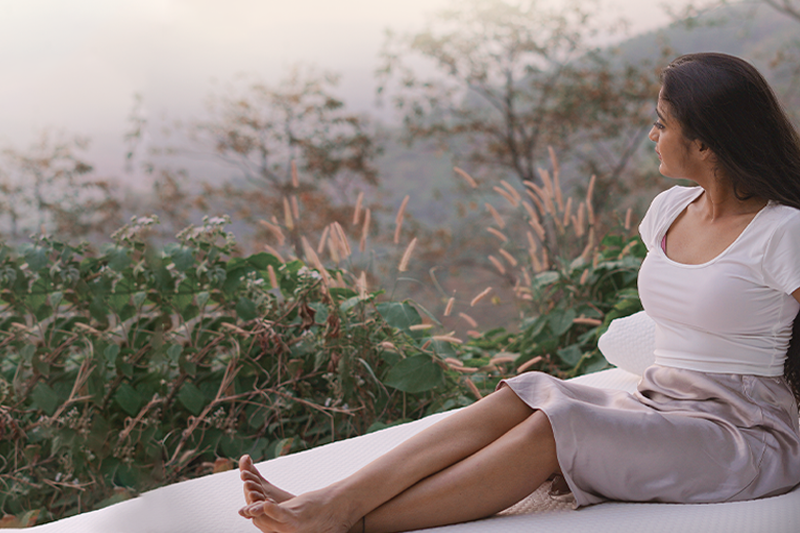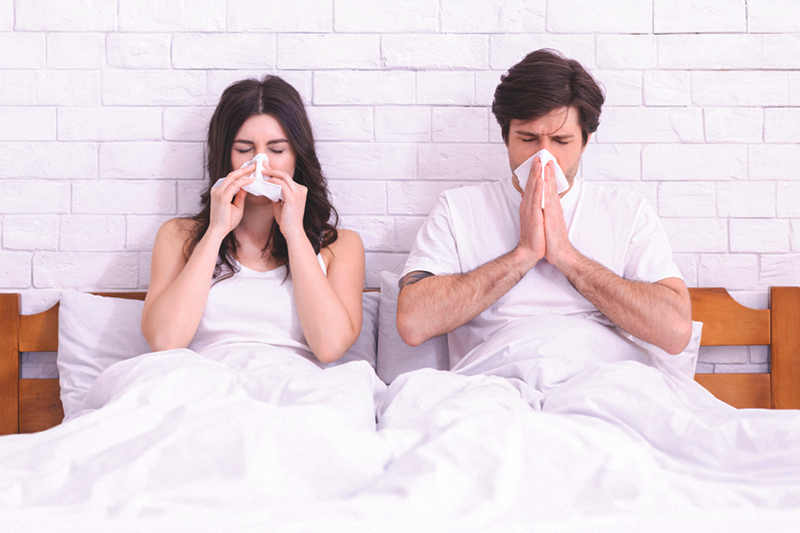Many people would agree that today’s world is more stressful than our forefathers’.
This is why the sleep aid sector has seen a significant increase in revenue. However, as many of us turn to more natural methods of restoring balance to our bodies, we desire to avoid many of the drawbacks of these man-made medications and preparations.
The side effects are sometimes greater than the medications themselves, which is one of the reasons natural herbs are gaining favor again.
It’s important to note that just because herbs are natural doesn’t imply they’re completely safe.
Let’s take a look at some of the herbs:
Valerian: Valerian is one of the most commonly prescribed herbs for sleep since it aids in the treatment of a variety of sleep problems.
It is derived from the Valerian root and is frequently offered as a combination of Valerian, Chamomile, Lemon Balm, and other herbs that aid with sleep. Valerian can assist with worry, tension, headaches, and hypochondria, in addition to sleeplessness.
Melatonin: Melatonin is a sleep aid that you may have seen in the sleeping aid department of your local medicine store. Melatonin is a hormone produced spontaneously in the brain that aids in the sleep-wake cycle.
You can take a supplement to help you sleep if you don’t make enough melatonin. It will not only assist with insomnia but will also enhance the quality of your sleep.
Chamomile: Chamomile is another famous plant for promoting sleep. It does not change brain chemistry to help you sleep, but it does help you relax, ease anxiety, and reduce mental stress. This gives you a more peaceful demeanor and might help you relax enough to lie down and sleep when you’re too eager to sleep.
Several studies have shown that chamomile has good sleep effects, and this time-honored plant may be taken safely by individuals of all ages.
Chamomile tea has been used safely throughout Mexico, South America, and Europe, and the essential oil may be added to your bathwater to help relax your nerves. It’s also popular as an inhalant and massage oil.
Passion Flower: Passion Flower is a moderate sedative plant that can help relieve worry and tension, which may be contributing to your sleeplessness. For hundreds of years, it has been used to help people sleep and relax.
Passion Flower is used as a natural sleep cure for those suffering from anxiety, panic attacks, and other illnesses.
Lemon Balm: Another herb that has been utilized for a long time is lemon balm. It has been used as a natural medicine since the Middle Ages. Lemon Balm has a citrusy aroma and is accessible as a supplement or tea.
It has a natural calming impact on your body and mind, as well as an improvement in cognitive performance.
California Poppy: California’s big orange and crimson blossoms are not just stunning; they may also help you sleep. It can help you relax mentally, reduce worry and restlessness, and obtain a decent night’s sleep. It is most commonly used as a tincture, with 30-40 drops taken before bedtime each night.
If you suffer from persistent insomnia, talk to your doctor about utilizing natural sleep treatments like this one.
Hops: Hops, best known as a beer flavor, have long been used to treat restlessness, anxiety, and sleeplessness, and Hops-filled pillows are popular among insomniacs.
Lavender: To treat insomnia, lavender oil can be inhaled. Furthermore, the oil of this nervous system tonic may be applied to a bath before night or used as a massage oil when mixed with a carrier oil.
Magnolia Bark: If you’re looking for a sleep aid in tablet form but don’t want to take a sedative or even melatonin, magnolia bark may be for you. It is usually advised to begin with a modest dosage. It’s an effective herb that promotes sleep, and it’s even advised against using it during the day or while driving due to its potency. It is supposed to cause sleepiness and aid in deep REM slumber.
St. John’s Wort: St. John’s Wort is a popular European plant that many people use to cure moderate depression and persistent sleeplessness.
It should be noted, however, that the herb might enhance your skin’s sensitivity to the sun, so be careful not to expose your skin to direct sunlight when taking the herb.
Natural sleep herbs might have negative side effects, potentially severe ones. Always take herbs with caution and consult your doctor before taking them. Just because a herbal product is labeled “natural” doesn’t imply it can’t be dangerous.
When used with certain medicines, all herbs, even frequently used herbs like turmeric and green tea, have the potential to cause issues.
This is why, if you use conventional drugs, you must inform your doctor if you use or intend to use herbal remedies.
